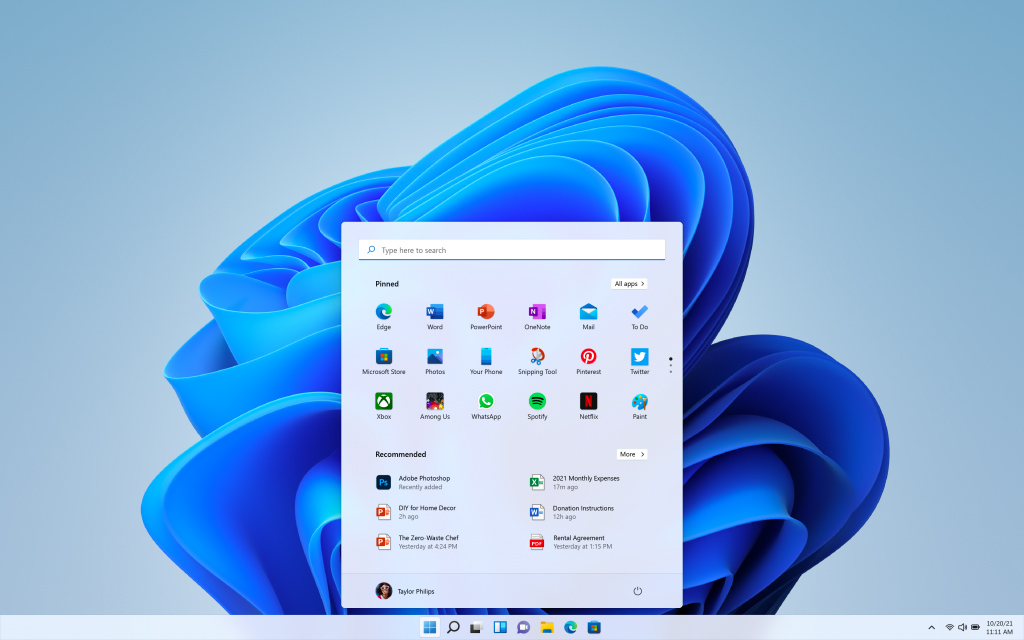Microsoft taking down PC Health Check app in response to Windows 11 confusion
The good news is that Windows 11 may support more PCs than originally thought

The Windows 11 requirements confusion continues. Yes, while many look to download the first Windows 11 Insider Release, Microsoft just removed one of the key tools people were using to see if they could update.
In a blog post attribute to The Windows Team, it was revealed that the PC Health Check app is going away — but only temporarily (we should note that the app was still available to download at the time of publishing). Also, interestingly enough, Microsoft acknowledged that it may change the list of processors that support Windows 11.
- The best laptops right now
- How to watch 2021 Tour de France live streams online
- Plus: Lenovo's new Yoga Tab 13 is an iPad Pro alternative — for $400 less
The PC Health Check app, in the team's own words, "was not fully prepared to share the level of detail or accuracy you expected from us on why a Windows 10 PC doesn’t meet upgrade requirements."
As for when it's coming back? The post notes that "We will get it back online in preparation for general availability this fall," which sounds like it will be available prior to September. Microsoft has stated that Windows 11 will come out in holiday of 2021, but according to The Verge, Microsoft is hinting at an October 20 release day.
In that app's absence, Microsoft is telling folks to check out the official system requirements page, which lists the many requirements. These include some things users may not know how to check on their own, such as if their system firmware is "UEFI, Secure Boot capable" and if they have a TPM 2.0 chip or not. Check out our guide to seeing if your system has a TPM chip.
Windows 11 may support more systems
The conversation surrounding what PCs can run Windows 11 is also based on a very specific set of CPUs. In the above blog post, Microsoft declared that it had three guiding principles for Windows 11: security, reliability and compatibility.
For example, Microsoft is aiming for a standard that it says "has been shown to reduce malware by 60% on tested devices," which is part of why they demand a TPM and secure boot. And the picky standards for supported CPUs is meant to push everyone to hardware that has "adopted the news Windows Driver model," the company will be working towards a much-less crash-prone experience.
Sign up to get the BEST of Tom's Guide direct to your inbox.
Get instant access to breaking news, the hottest reviews, great deals and helpful tips.
And meeting those three standards isn't possible, it explained, on all systems. Intel 8th generation chips, AMD Zen 2 and Qualcomm 7 and 8 Series-based systems will support Windows 11, according to the post.
What's up in the air, though, is if Intel 7th generation and AMD Zen 1-based systems can also run Windows 11 well enough for Microsoft's standards. The company says it will "test to identify devices" running on those chips that can perform well on Windows 11. This will happen, in part, via allowing Windows Insiders to install Windows 11 on Intel 7th Gen-based systems, and work with partner OEMS.

Henry is a managing editor at Tom’s Guide covering streaming media, laptops and all things Apple, reviewing devices and services for the past seven years. Prior to joining Tom's Guide, he reviewed software and hardware for TechRadar Pro, and interviewed artists for Patek Philippe International Magazine. He's also covered the wild world of professional wrestling for Cageside Seats, interviewing athletes and other industry veterans.
